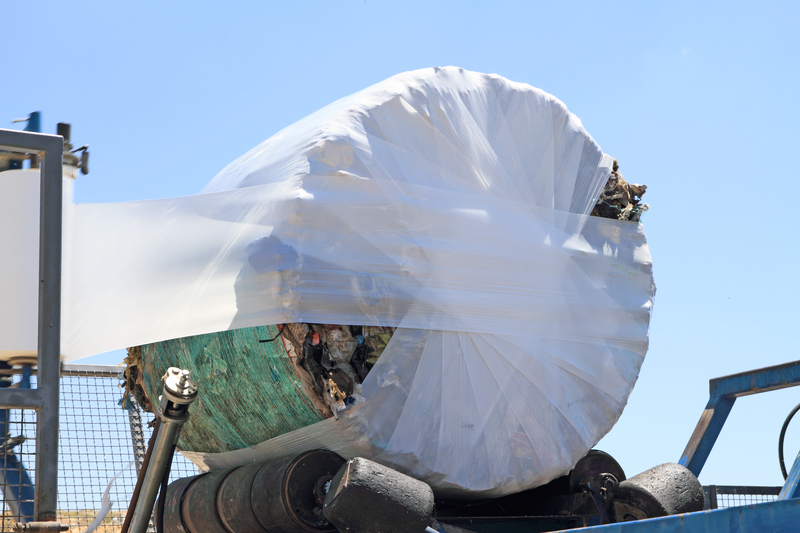Comprehensive Guide to Rubbish Removals and Waste Management

Managing rubbish removals waste is a critical aspect of maintaining a clean and healthy environment. Whether you're dealing with residential, commercial, or industrial waste, understanding the best practices and efficient methods for rubbish removal is essential.
Effective waste management not only helps in reducing environmental pollution but also promotes recycling and sustainable living. Implementing proper rubbish removal strategies can lead to significant benefits for both individuals and communities.
Rubbish removals waste encompasses various types of waste, including household trash, construction debris, and hazardous materials. Each type requires specific handling and disposal techniques to minimize its impact on the environment.

One of the primary goals of rubbish removals waste management is to reduce the amount of waste sent to landfills. This can be achieved through recycling, composting, and reusing materials whenever possible. By diverting waste from landfills, we can decrease greenhouse gas emissions and conserve natural resources.
Recycling plays a pivotal role in managing rubbish removals waste. It involves processing used materials to create new products, thereby extending the lifecycle of resources and reducing the need for raw materials. Common recyclable items include paper, plastic, glass, and metal.
Composting is another effective method for handling organic waste. By converting food scraps and garden waste into nutrient-rich compost, we can enhance soil fertility and reduce the reliance on chemical fertilizers. Composting not only manages waste but also contributes to sustainable agriculture.

Businesses also contribute significantly to rubbish removals waste. Implementing efficient waste management systems in commercial settings can lead to cost savings and improved environmental performance. Companies can adopt practices such as waste audits, segregation, and recycling programs to manage their waste effectively.
Innovative technologies are transforming the landscape of rubbish removals waste management. Advanced recycling facilities, waste-to-energy plants, and automated sorting systems are enhancing the efficiency and effectiveness of waste processing. These technologies help in maximizing resource recovery and minimizing environmental impact.
Community involvement is crucial in achieving successful rubbish removals waste management. Educating the public about the importance of waste reduction, recycling, and proper disposal can foster a culture of sustainability. Engaging communities in waste management initiatives ensures collective responsibility and sustained environmental stewardship.

Government regulations and policies play a vital role in shaping rubbish removals waste management practices. Legislation that mandates recycling targets, waste reduction goals, and proper disposal procedures ensures that waste management is conducted in an environmentally responsible manner.
Adopting a circular economy approach is the future of rubbish removals waste management. This model focuses on designing products for longevity, reuse, and recyclability, thereby minimizing waste generation. A circular economy promotes sustainability by keeping materials in use for as long as possible.
In conclusion, effective rubbish removals waste management is essential for environmental preservation and sustainable development. By adopting best practices, leveraging technology, and fostering community engagement, we can create a cleaner and healthier planet for future generations.

Rubbish removals waste management is not just a responsibility but a necessity in today’s world. Embracing sustainable waste practices benefits not only the environment but also the economy and society as a whole.
Continued innovation and commitment to waste reduction will pave the way for a more sustainable future. Let us all take proactive steps in managing waste effectively and responsibly.











